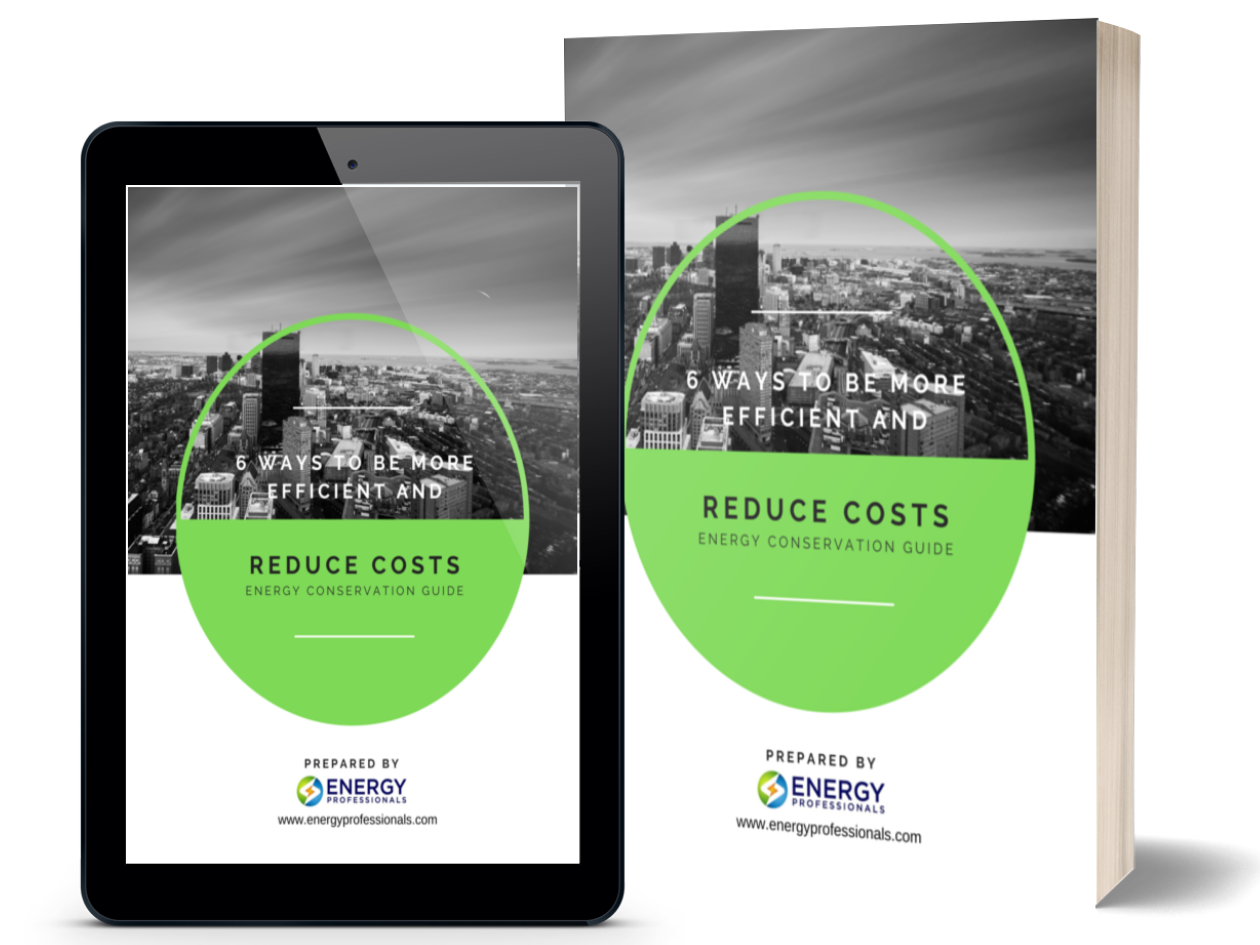Renewable Energy Policies: What to Expect in the Next Decade
Renewable energy sources such as wind, solar, and hydroelectric power are no longer alternatives; they’re necessary for our planet’s health

Renewable energy sources such as wind, solar, and hydroelectric power are no longer alternatives; they’re necessary for our planet’s health
Renewable energy sources such as wind, solar, and hydroelectric power are no longer alternatives; they’re necessary for our planet’s health and survival.
What’s more, they’re also becoming more economically viable. The cost of producing renewable energy has significantly dropped over the past decade, making it a more attractive option for businesses and households. In other words, it’s a sector creating jobs and driving economic growth.
Yet, it’s not just about economics or job creation. It’s also about securing a future where we’re not overly reliant on fossil fuels, reducing our carbon footprint, and mitigated the harm caused by climate change.
Several renewable energy policies have been implemented worldwide. These policies encourage the growth and development of renewable energy sources, such as solar, wind, and hydroelectric power. They aim to reduce greenhouse gas emissions and dependence on fossil fuels while promoting economic growth.
For instance, Feed-in Tariffs (FiTs) and Power Purchase Agreements (PPAs) have been introduced to incentivize renewable energy production.
Net Metering allows consumers who generate electricity to feed surplus into the grid. Additionally, governments have set Renewable Portfolio Standards (RPS), which mandate utilities to source a certain percentage of their power from renewable sources.
Looking ahead, experts predict that the next decade will see an even more significant surge in renewable energy adoption worldwide. They believe that governments will enact stronger policies favoring renewable energy, which could decrease fossil fuel usage and rise cleaner, more sustainable energy sources.
The experts also anticipate advancements in renewable energy technology, making it more efficient and affordable. They’re expecting massive solar and wind energy growth, with more households and businesses opting for these renewable sources.
They also project a rise in electric vehicles and build more electric bus charging stations, reducing the dependence on oil.
However, such changes will require significant investments and a unified global effort.
Technologies like solar windows, floating solar farms, and bladeless wind turbines are transforming the energy landscape.
Solar windows, for instance, incorporate transparent solar cells into window glass, enabling buildings to generate their own power.
Floating solar farms use unused water bodies to generate electricity without occupying valuable land. Bladeless wind turbines, on the other hand, generate energy through oscillation, reducing environmental impact.
Governments, industries, and individuals increasingly recognize these resources’ potential in addressing environmental and economic challenges. This global transition is characterized by:
With the rise of novel renewable energy tech and a global shift towards sustainability, we’re heading towards a greener, more resilient energy landscape.


Don't have one? You can get one by calling us at 855-4-PKIOSK.
Energy Professionals is committed to finding its customers the best possible rates on electricity and natural gas. Tell us your location and service type and our energy manager will connect you to the most competitive offers.
Switching to an alternate supplier is easy. There is no chance of service disruption, and you'll continue with your current utility for energy delivery and emergency service. Take a few minutes to discover your best offers, and enjoy the benefits of retail energy in your home or business.
1. Energy Type
2. Service Type
3. Zip Code
4.Local Company
5.Zone
We believe that knowledge is power. Here’s a free e-book that provides business solutions to reducing energy costs.
Download E-Book Free Energy Audit




